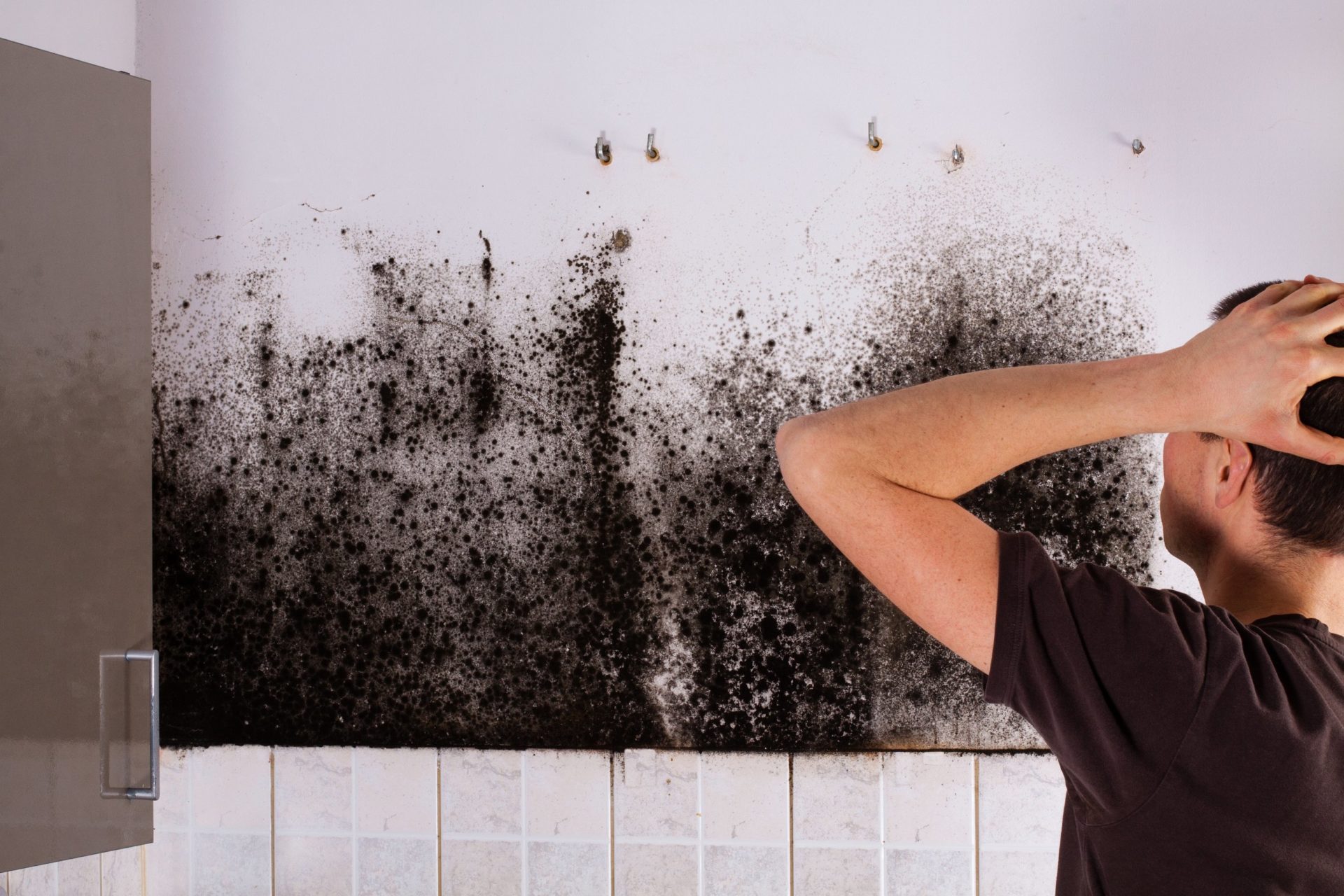Free Consultation
Free Consultation

If you live in a shared space like an apartment, there are certain issues you’re more likely to encounter. Noisy neighbors. Broken elevators. Poor lighting in the hallway when a lightbulb goes out.
One dangerous thing no one wants to encounter in their home? Mold.
If you have mold in your rented apartment and have felt its effects, you may be wondering what you can do. New York has laws that govern the mitigation of mold in apartments, and any damages you have faced because of your mold exposure may make your landlord liable.
Read on to find out what you need to know.
There are many reasons you may find mold in your New York dwelling. The biggest one? Excessive moisture. This can result from leaks, faulty roofs, and inadequate ventilation.
If you have inadequate ventilation, mold can grow even after you do simple things like take a shower because the steam can’t be vented out of the bathroom. An HVAC system that allows condensation to build up is another possible culprit.
It’s also worth noting that mold spores can move through your ventilation system and create hazards for you in every room of your home, not simply the room where the mold is growing. So it’s really an issue that needs to be addressed as soon as possible to ensure your continued health and well-being.
Many people wonder why mold is considered so dangerous. The reason is, quite simply, it can make you sick.
Some people have severe physical reactions when mold is in their living environment. Some are allergic to mold. And even those who are not allergic can experience breathing problems, stuffy noses, and burning eyes.
Anyone with a pre-existing condition such as asthma, lung disease, or a weakened immune system may be particularly susceptible to mold issues in the home.
It’s unfortunate that even though mold is known as a substance that can harm people, the way a landlord deals with mold reported by tenants isn’t clear under the law. In fact, no federal law sets limits for what is permissible to be exposed to in the home you rent, and there are no standards for residential buildings that may have mold.
Only a few states, such as Texas and California, and cities – including New York City – have mold standards or regulations for mold contained in the indoor air.
Even though there aren’t specific laws governing mold in rentals in New York state, a landlord can still be held liable since they are required to provide livable and safe housing for their tenants under the law.
Because of this, you may have options under state law to file a lawsuit if you experience health problems due to mold growth in your home. That’s why you shouldn’t give up – you should discuss your case with an attorney experienced in cases like this to guide you through the process and help you understand if you have a case.
If you notice mold in your rental, the very first thing you should do is notify your landlord. It’s vital to create a paper trail when you do this, so use a method that allows you to track it and provides notification that it was delivered, such as certified mail. You should also follow up with them through face-to-face conversations, email, or phone, and keep a record of those interactions.
There are a lot of factors that can impact how long it takes your landlord to address your mold problem, but in general, if they’ve not taken some sort of action within seven days, then that is something that the courts may hold against them if you bring forward a lawsuit.
Aside from contacting your landlord, also document the mold issues in your home by taking photos. This will be helpful later on if you find you must file a lawsuit against your landlord.